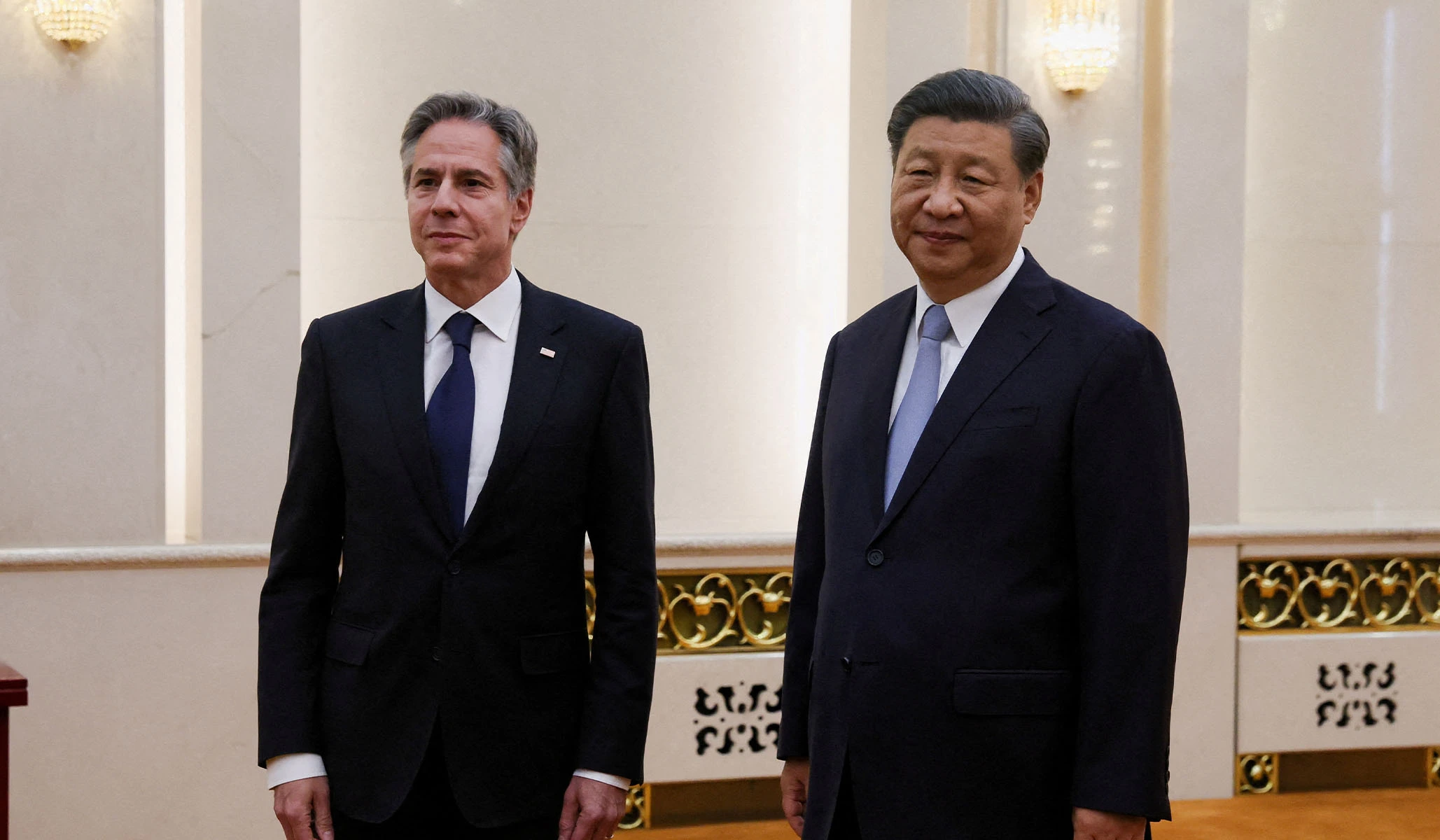Sino-American relations in 2023 have been tumultuous, with the Chinese Communist Party exhibiting bad behavior such as the confirmation of secret CCP police stations in the U.S., dangerous maneuvers in international territory, and refusal to engage in basic military-to-military talks. Additionally, a spy balloon transited the continental United States, and new revelations surfaced regarding the cover-up of pandemic origins, and the existence of a Chinese surveillance station in Cuba. Beijing’s actions have proven it to be an untrustworthy and anti-American actor on the world stage, yet the Biden administration has downplayed or excused these actions in an effort to conciliate Beijing, which has not reciprocated.
Treasury Secretary Janet Yellen has argued for increasing economic ties with China, despite the potential hamstringing of an American economic response to Chinese aggression. Defense Secretary Lloyd Austin is still seeking a meeting with his Chinese counterpart after being snubbed at a defense event in Singapore. Other Biden officials see potential for cooperation with China on issues such as mitigating climate change and relieving debt in poor countries, despite China’s development of coal-fired power plants and involvement in predatory developing-world debt traps.
Secretary of State Antony Blinken recently visited China, the first high-level U.S. visit since 2018. Despite being in town for two days full of meetings, nothing tangible came of this visit. Blinken promoted the idea of working together on addressing key issues such as fentanyl, the Russo-Ukrainian War, military-to-military dialogue, human rights, public health, and stabilizing the relationship, but none of this came to pass. The Chinese flatly refused to resume intermilitary dialogue, blaming the U.S. for the halting of these talks and attempting to extort significant sanctions relief in exchange for this basic ask. The Chinese did agree that the relationship should be stabilized, but that agreement was couched in terms deeply hostile to the American conception of the status quo and blamed the U.S. entirely.
The Biden administration’s diplomacy for diplomacy’s sake is not useful or productive, especially when the counterparty is uninterested in anything other than total capitulation. It can be counterproductive when it lulls one side into a false sense of security. The Biden team’s view that China will become a responsible global actor if convinced to be is misguided, as Beijing is not looking to thaw relations with the U.S. unless the U.S. kowtows to its skewed perception of the world. The administration paid for a sham summit because it fundamentally lacks the capacity to disagree with Beijing’s characterization of the issues. This self-abnegation leaves the U.S. at a disadvantage against nations with profound cultural self-confidence. A return to confidence in our own strategy and ability is necessary to protect and advance the American-led world order.

